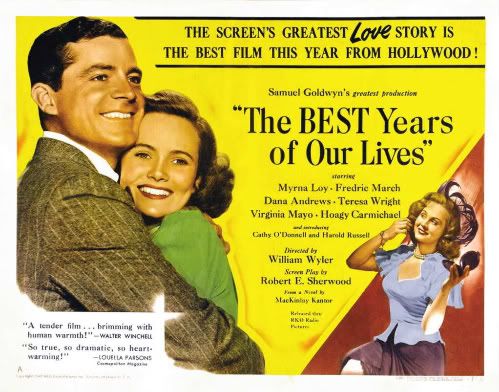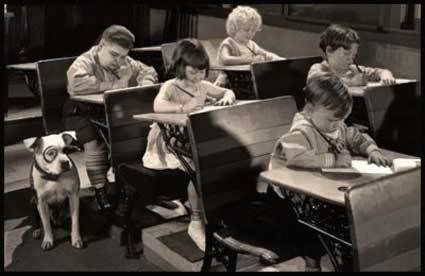What Clinton wishes she could say - PoliticoWhy, ask many Democrats and media commentators, won’t Hillary Rodham Clinton see the long odds against her, put her own ambitions aside, and gracefully embrace Barack Obama as the inevitable Democratic nominee?
Here is why: She and Bill Clinton both devoutly believe that Obama’s likely victory is a disaster-in-waiting. Naive Democrats just don’t see it. And a timid, pro-Obama press corps, in their view, won’t tell the story.(...)Far from a no-holds-barred affair, the Democratic contest has been an exercise in self-censorship.
Rip off the duct tape and here is what they would say: Obama has serious problems with Jewish voters (goodbye Florida), working-class whites (goodbye Ohio) and Hispanics (goodbye, New Mexico).
Republicans will also ruthlessly exploit openings that Clinton — in the genteel confines of an intraparty contest — never could. Top targets: Obama’s radioactive personal associations, his liberal ideology, his exotic life story, his coolly academic and elitist style.
This view has been an article of faith among Clinton advisers for months, but it got powerful new affirmation last week with Obama’s clumsy ruminations about why “bitter” small-town voters turn to guns and God.(...) Skepticism about Obama’s general election prospects extends beyond Clinton backers. We spoke to unaffiliated Democratic lawmakers, veteran lobbyists, and campaign operatives who believe the rush of enthusiasm for Obama’s charisma and fresh face has inhibited sober appraisals of his potential weaknesses.
The concerns revolve around two themes.
The first is based on the campaign so far. Assuming voting patterns evident in the nominating contest continue into the fall, Obama would be vulnerable if McCain can approximate the traditional GOP performance in key states.
The second is based on fear about the campaign ahead.
Stories about Obama’s Chicago associations with 1960s radicals Bernardine Dohrn and William Ayers landed with barely a ripple. So, too, did questions about whether he once backed a total ban on handguns (he says no but in a 1996 state legislative race his campaign filled out a questionnaire saying yes). Obama’s graceful handling of the Rev. Jeremiah Wright controversy may have turned that into a net positive against Clinton.
But all this was in a Democratic contest. What about about when Obama’s running against a Republican?
Let’s take the first point: Obama’s electoral coalition. His impressive success to date comes predominately from strong support among upscale, college-educated whites and overwhelming support from African-Americans.
Assuming he is the Democratic nominee, it seems virtually certain he would bring turnout of these groups to historic levels.
But there is reason to question whether he would be able to perform at average levels with other main pillars of the traditional Democratic coalition: blue-collar whites, Jews and Hispanics. He has run decently among these groups in some places, but in general he’s run well behind her.
Obama lost the Jewish vote by double-digits in Florida, New York and Maryland — and that was before controversy over anti-Israel remarks of Wright.
An undecided Democratic superdelegate told us many Jewish voters are itching for a reason to break with the party and side with Republicans, who have embraced the Israeli cause with passion. A small shift could swing swing states like Florida and Pennsylvania, which have significant Jewish populations.
Obama won only about one-third of Hispanic votes on Super Tuesday — and did even worse a month later in Texas. A Democratic nominee needs big margins with Hispanics to win states like New Mexico, California, Colorado and Arizona. In the fall, Obama would be running against a Republican with a record on immigration that will resonate with Hispanics.
Then there’s the lower-income white vote. Does it seem odd that a woman with a polarizing reputation would be rolling up enormous margins among some of the country’s most traditional voters? Three out of every four blue-collar whites in small towns and rural areas of Ohio voted for Clinton over Obama on March 4. The reality is, this is already an electorate with deep cultural divisions — and that’s in the Democratic Party.
READ IT ALL

















